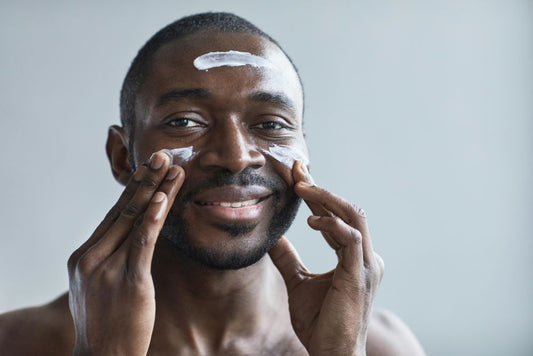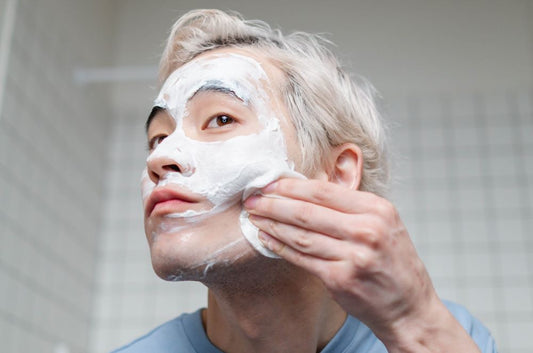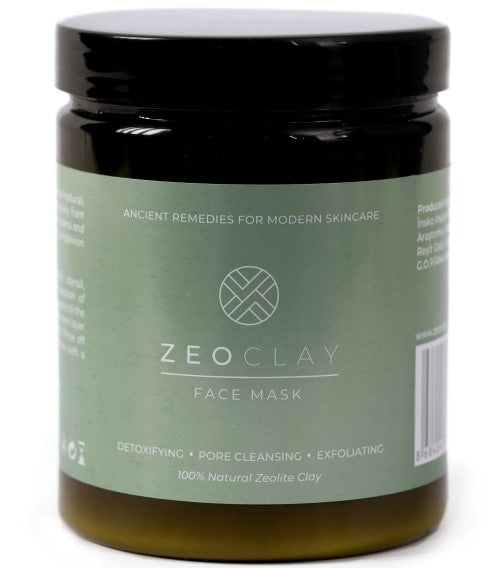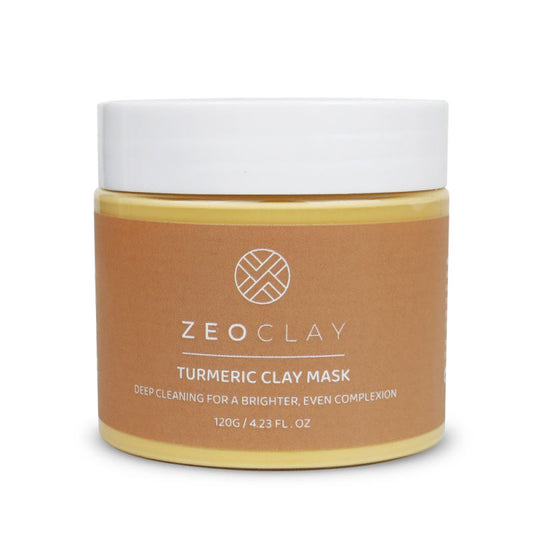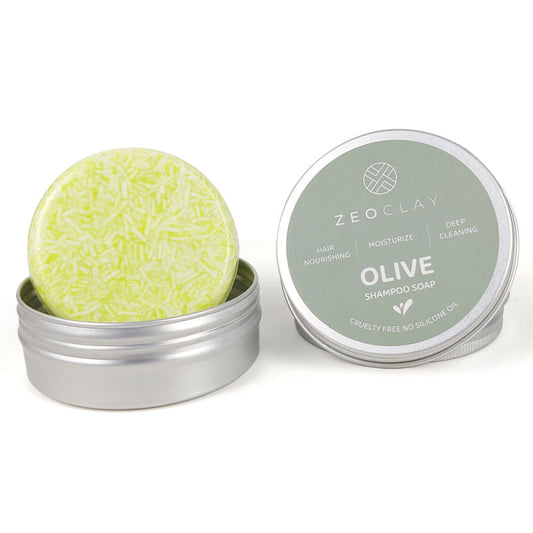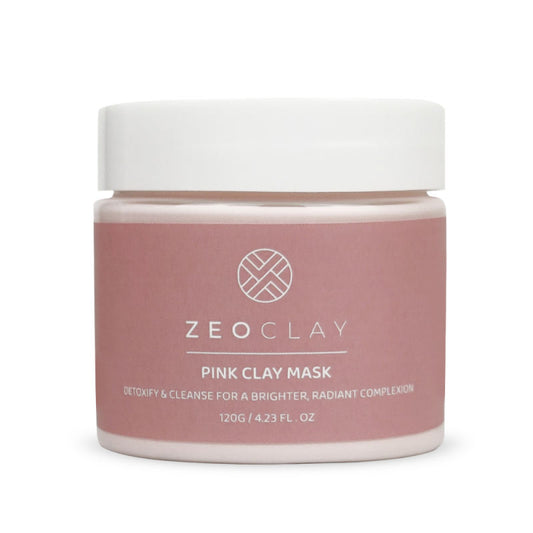Clay masks have long been touted as a skincare solution for various concerns, including pore-clogging and blackheads. But do they truly live up to the hype when it comes to unclogging pores? Let's delve into this question and explain why the short answer is yes.
- Absorb Excess Oil: Clay masks, such as those containing kaolin, bentonite, or French green clay, have natural oil-absorbing properties. When applied to the skin, they can draw out excess oil from the pores, which is a common culprit behind clogged pores and blackheads.
- Remove Impurities: Clay can bind to impurities on the skin's surface, including dirt, pollution, and dead skin cells. As the mask dries, it pulls these impurities away from the pores, helping to clear them out.
- Exfoliate Gently: Clay masks, as they dry and harden on the skin, provide a mild exfoliation effect. This helps in removing the top layer of dead skin cells, which can contribute to the clogging of pores.
- Minimize Pore Appearance: While clay masks may not permanently shrink pores, they can temporarily reduce the appearance of enlarged pores by removing excess oil and impurities. This can result in smoother-looking skin.
- Complement to Skincare Routine: Clay masks work best when used as part of a regular skincare routine. Consistent use can lead to better results in unclogging pores and maintaining clear skin.
It's important to note that while clay masks can be effective in unclogging pores, they may not provide a one-size-fits-all solution. The effectiveness of a clay mask can vary depending on factors such as your skin type, the specific clay used, and the mask's formulation. Additionally, for more stubborn or deeply embedded clogs, you may want to consider incorporating other skincare products or treatments into your routine or consult with a dermatologist for personalized advice.



